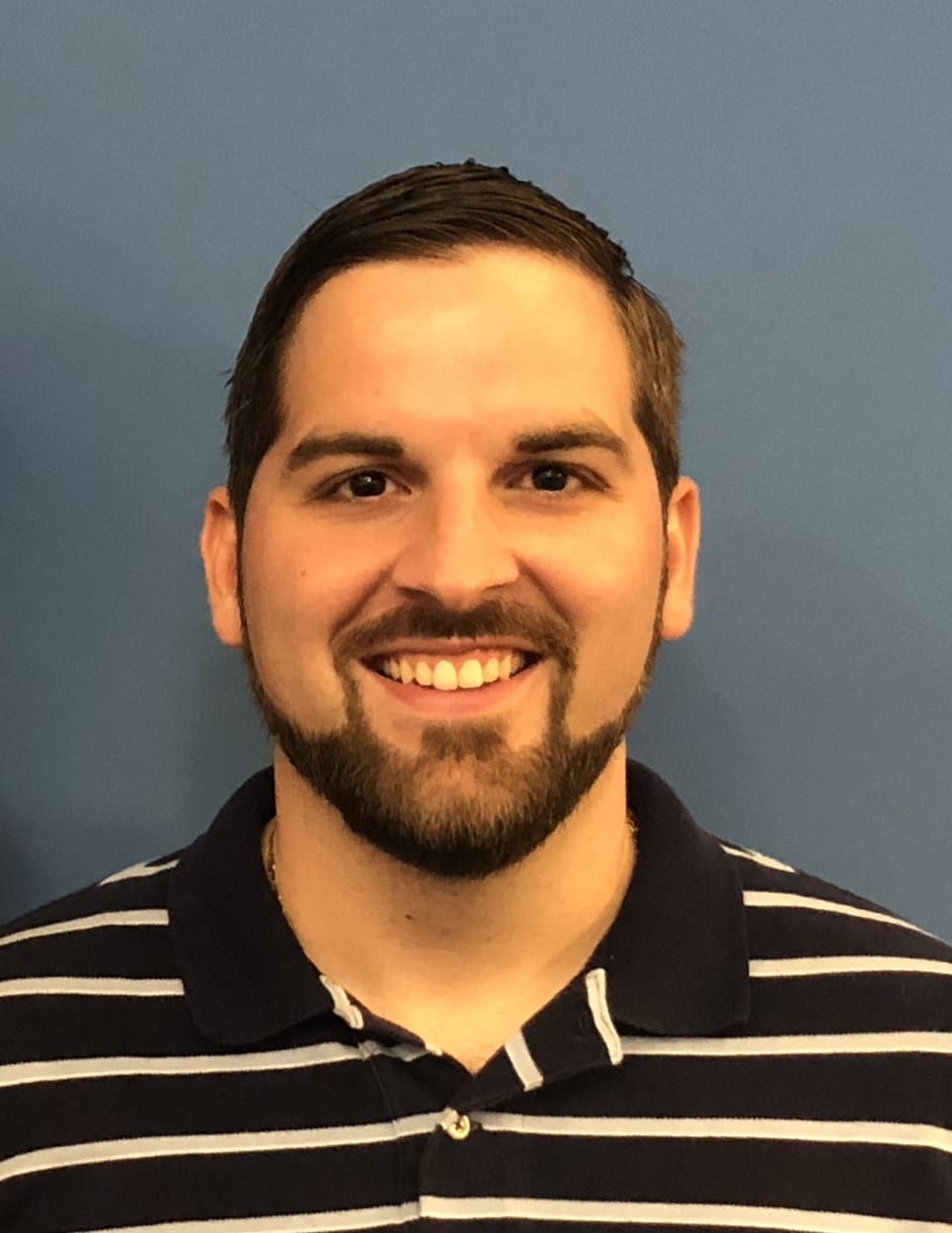Following physical exams and COVID-19 testing for every staff member and student-athlete, the University of Florida opened their facilities to the football team Monday for the first time since mid-March.
UF Associate Athletic Directors for Sports Health Stacey Higgins and Dave Werner held a Zoom call Tuesday to discuss the school’s return to campus plan and testing program, along with Senior Associate Athletics Director Steve McClain.
“First day yesterday with our football team went great,” Werner said. “The process of a strength and conditioning workout now looks a lot different than it’s ever looked before.”
Werner said 87 players have been tested for COVID-19 since returning to campus, and all 80 tests that have come back so far were negative. Players won’t have access this month to the locker room or weight room, which has been moved to Florida’s indoor practice facility.
“I feel like this is the biggest thing we have done to increase safety of our athletes,” Werner said. “As far as I know, we are the only one in our league that has taken that precaution.
“The likelihood of transmission of the virus is much less outside. With setting our weight room up in the indoor we’re able to open up those doors, the garage doors, and come up with an outdoor area to train. The risk really decreases with that.”
To gain IPF access, players have to arrive on campus dressed, go to hand washing stations and take a daily screening before their scheduled appointment time. They will work out six feet apart in groups of 10-12 and have to wear masks during appointments and meetings. Staff members will wear masks at all times.
“We are keeping everyone in masks,” Werner said. “If you were to see our workout you would see everyone in the building with masks on other than our student-athletes (while working out). That’s important. That’s really important.
"Just to throw in my two cents to all of you on the call, if you can wear a mask you’re protecting yourself and you’re protecting the people around you.”
Werner emphasized that risk mitigation is their key goal. One of the biggest challenges he and Higgins face will be trusting players on their questionnaires, which asks them about potential symptoms, recent whereabouts and possible COVID-19 exposure.
However, Werner hopes the on-campus measures they’ve put in place and educating the players about the virus will make them realize the severity of the situation.
“Probably the safest place in Gainesville will be in our facilities for our athletes with the precautions and what's been put in place to protect them. But we're not with them 24 hours a day,” Werner said. “We're just going to continue to work on the education part and just try the best we can to have them understand moving forward what's at stake.”
If a football player does contract COVID-19, UF Health will work closely with the Florida Department of Health as it administers a tracing program to help mitigate the spread. Though the Gators haven’t had any positive tests this month, two players did contract the virus before the team returned to campus (one away from Gainesville).
At least five players at Alabama reportedly tested positive for COVID-19 last week.
“That could be any of us,” Higgins said. “Everyone is doing some form of testing as their athletes are coming back. I think we’re very fortunate that the football athletes we’ve tested so far have been negative.
“Duke and I are both health professionals and we realize we are going to have to live with COVID. We’re going to have positive cases to deal with. ... We have had two student-athletes test positive and we managed those situations. That is something we’re going to have to be ready for.”
